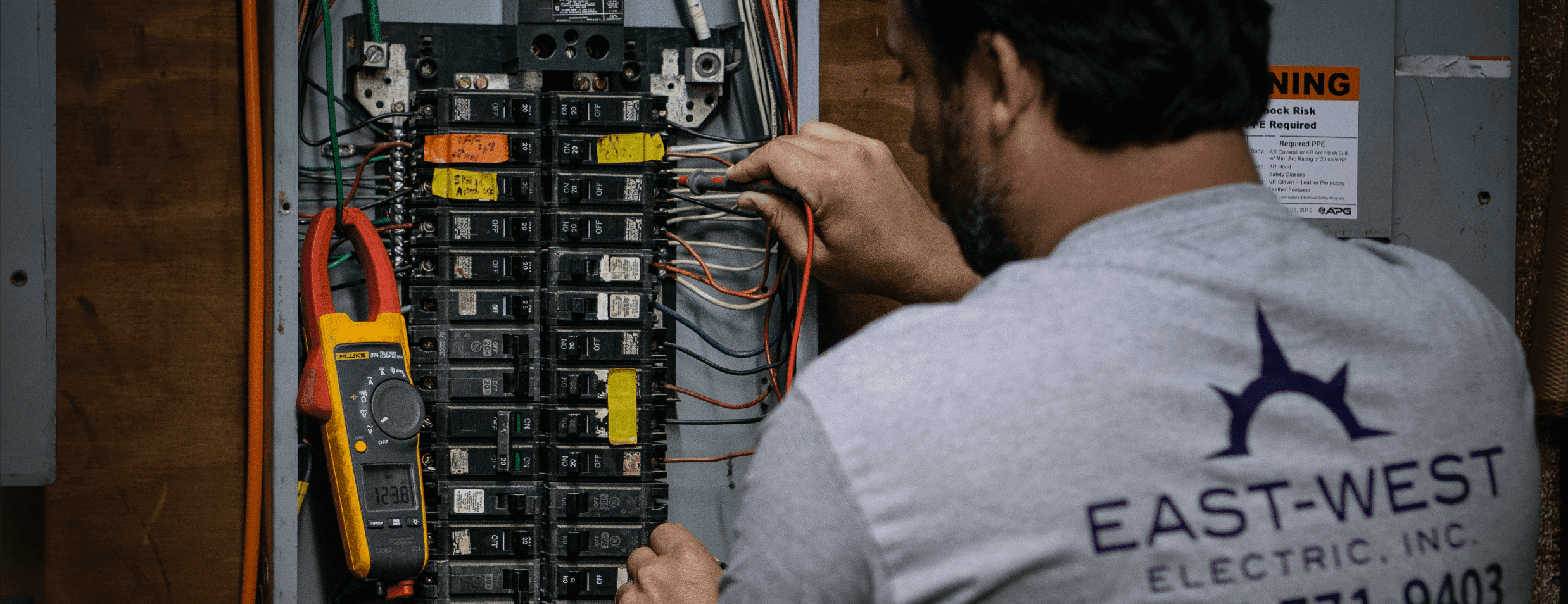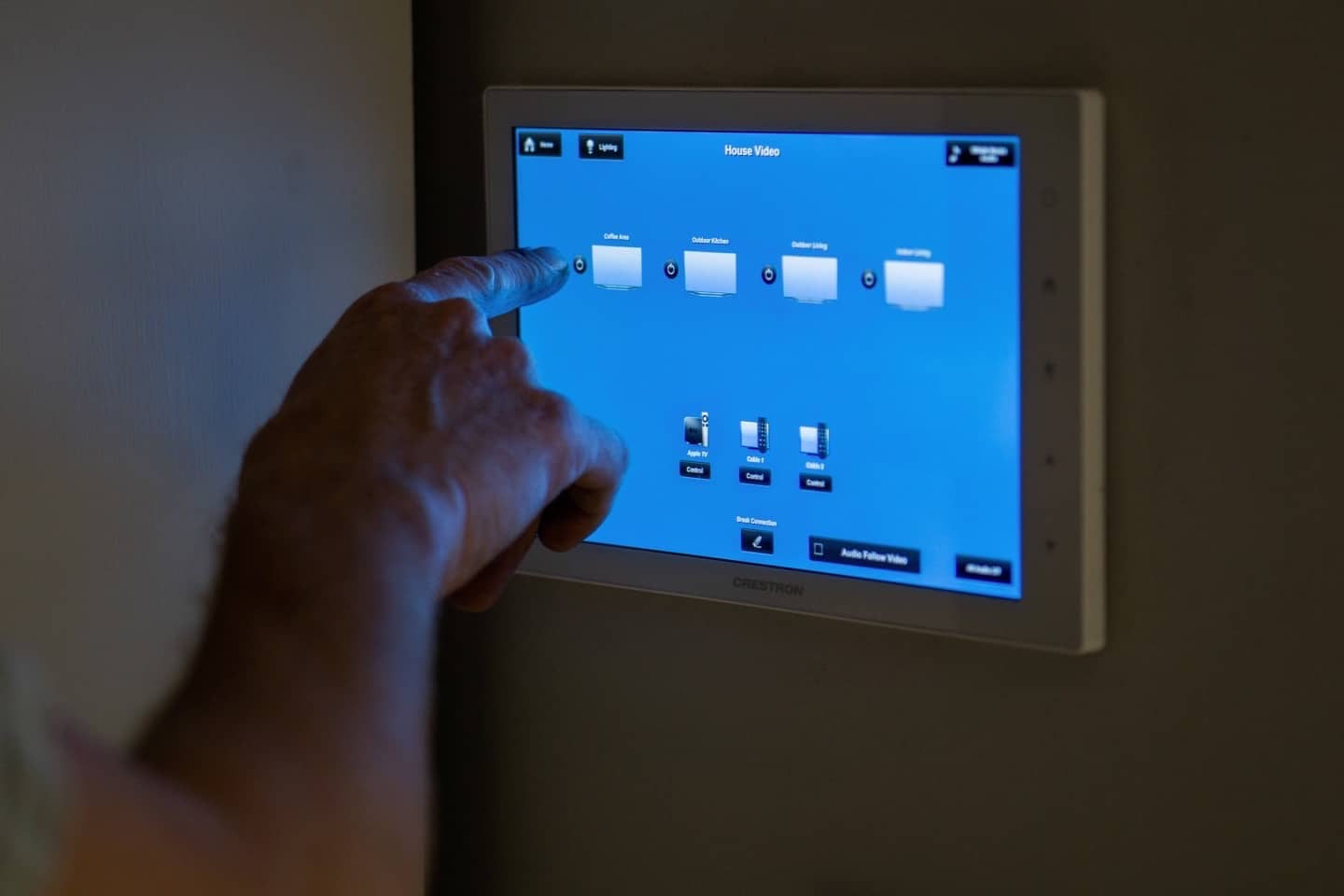Tips For Renting A House
There is always that feeling of trepidation when going to view a property from a landlord and not quite knowing what you should be asking. If you’re looking for tips for renting a house then you have come to the right place. Being taken advantage of is a common theme for those who don’t have much experience. Students and other first-time renters are usually the main victims. So how should you be prepared for that initial inspection? What questions should you have ready? How thorough of an inspection are you allowed conduct? Since there are many people out there that have no experience as an electrician, here are a few helpful tips for renting a house when it comes to the electrical system.
What does the landlord have to provide?
In Florida, the Landlord and Tenant Act (Florida Statutes Section 83.51), states that a tenant has the right to live in a habitable rental property. A habitable property is one that has adequate heating, water, electricity, cleanliness, and is structurally sound. When it comes to electricity, you should not just be concerned with if the property has power, but if it is in a safe condition. We will go through what steps you can take to determine the safety of the property when it comes to electricity later on.
What are the dangers of electricity?
Okay so this one is probably pretty obvious but we are better dealing with it right from the off. Yes, electricity is dangerous, but at what point does it become fatal, and what can you do to prevent a tragedy from befalling you or a loved one?
Personal Injury
According to the IEC (International Electro-technical Commission) touching a live wire with a power that exceeds 50V (volts) is harmful to humans. Considering that the average residential power in the USA is 110-120V, you are in danger if all electrical safety precautions are not taken. Being exposed to live wires can cause involuntary muscle reactions, paralysis, severe burns, and death.
Property Damage
So who is liable if there is damage to the property due to electrical faults? Before the turnover occurs, landlords are responsible for making sure that all electrical problems are dealt with in a professional and safe manner as it falls under the condition of habitability. Serious problems can occur of sparks at the outlet, heat around the switches or outlets, circuit breaker trips, and light bulb burnouts. This can result in fires and loss of power, which can have a knock-on effect of smoke detectors not working properly. Once the tenant moves in if there are faults present you need to report them immediately. The issue will need to be inspected and solved from there.
What questions am I allowed to ask?
Your landlords should be upfront with you about all of the minor details of the property, but at the end of the day, their main aim is to lease it out as fast as possible. You are allowed to ask as many questions as you want, and if you are confronted with vague responses, either get to the bottom of it or leave. If a landlord is not open about the condition of the property, you are probably better off looking elsewhere, an honest landlord will have no problem telling you the finer details. It is up to you to do your due diligence when it comes to asking the correct questions.
What good questions should I be asking?
Here are a few good questions to ask your landlord when it comes to the condition of the electrical system of the property:
How many faults with the electrics over the last few years?
This could be fuses blown, lights flickering, frequent power outages, fires, etc., and is this becoming more frequent? These are key indicators that an inspection from a qualified electrician is due.
When was the current electrical system installed?
If you are renting an older house, there is a good chance that the original electrical system is still in place. While this can be an issue, as a rule of thumb it should always be inspected every five years.
Has it been updated in the time the landlord has owned the property?
Older electrical systems in a home have circuits that are not equipped to handle the power that is being demanded by modern-day gadgets. This can lead to overheating and damaging the insulation of the wires, increasing the risk of fires.
Have there been any pest control issues in the past?
Because of the issues with storms and adverse weather that the South Eastern areas have had over the years, homes are more susceptible to an infestation of common household pests such as rats and mice, and termites. These can cause immense problems in the electrical system, particularly rats which are known to chew through cables.
Can I have the contact information of the previous tenants?
This is a no-brainer, yet people are always hesitant to either ask the landlord for it, or think they will be putting the previous tenants out of their way by a quick phone call or email. If you have a slight inclination that the landlord is not being completely honest, or that they may be unaware of what happened during the previous month, who better than to ask the condition of the property than the previous tenants. They may have done their own repairs/inspections when it came to the electrics or had their own concerns?
Can I bring my own electrician into view the property?
This might have to come out of your own pocket, but if you are unsure if the property is particularly safe or up to standards you can ask to bring your own electrician. If the landlord refuses then we would consider you start running for the hills.
How thorough an inspection can I conduct?
You are the one considering renting this property for the foreseeable future, you should be allowed to do as thorough an inspection as you see fit. We would recommend testing the power outlets around the home. Now we know not everybody is an electrician, or familiar with the intricacies of electrical systems. So you can tackle this two ways, either you test the power outlets yourself using an everyday appliance (phone charger, etc.), or you can invest in a Multimeter (or borrow off of someone who has one as they usually cost between $40-$50 for a basic model). The Multimeter is a tool that measures voltage (Voltmeter), current (Ammeter), and resistance (Ohmmeter). Record any outlets that are having an issue and report them to your landlord before moving in, that way it can not be blamed on you which could result in a loss of your security deposit.
Are there different rules for different rooms?
Bathrooms and kitchens are obviously stricter on their electrical guidelines than most rooms in the house due to the abundance of moisture, which is never a good mix with electricity. The GFCI (ground fault current interrupter) device is used in these rooms (plus basements and outdoors) because they will shut off electric power automatically if the current is detected as flowing through an unintended path (water or human). You can notice them by the red (test) and black (reset) buttons on the outlet.
What safety tests does a landlord have to conduct?
A landlord, by law, must conduct safety tests with regards to electricity and gas, as they can be highly dangerous utilities to future tenants. These safety tests must be conducted prior to new tenants moving in. However, if the property has been used for short-term leases (<6 months) some landlords will not see it as a necessity to conduct these tests that regularly. It is always a good idea for the tenant to remind them of their obligations.
You need to do your due diligence when it comes to renting a property, as it can be a minefield out there. You should never be afraid to ask as many questions as you need to be answered and to take your own precautions before agreeing to move in, especially as it could be you or your loved ones at risk. If in doubt, you can call us for a consultation, we will inspect any property and make suggestions as we see fit.
Located in Clearwater, Florida, East-West Electric has over 35 years of experience in providing commercial, residential, and industrial electrical needs. Our services are vast and you can ensure a Clearwater electrician from our team has the skills and resources to make any project come to reality. Give us a call at (727) 771-9403 to learn more about what services we can provide for you. You can also find our contact information here.






